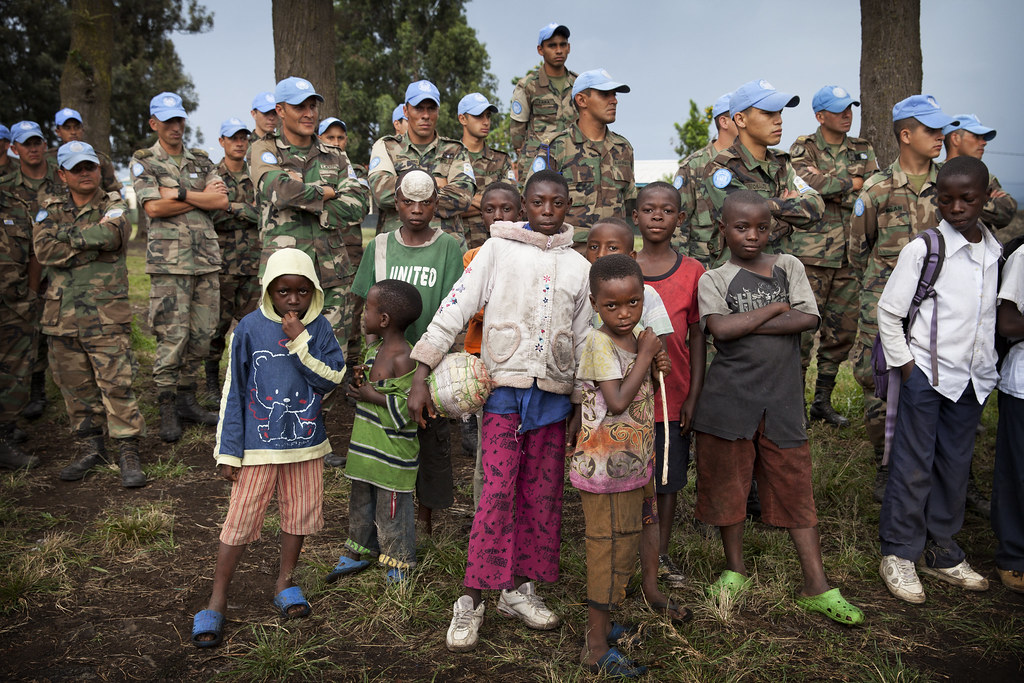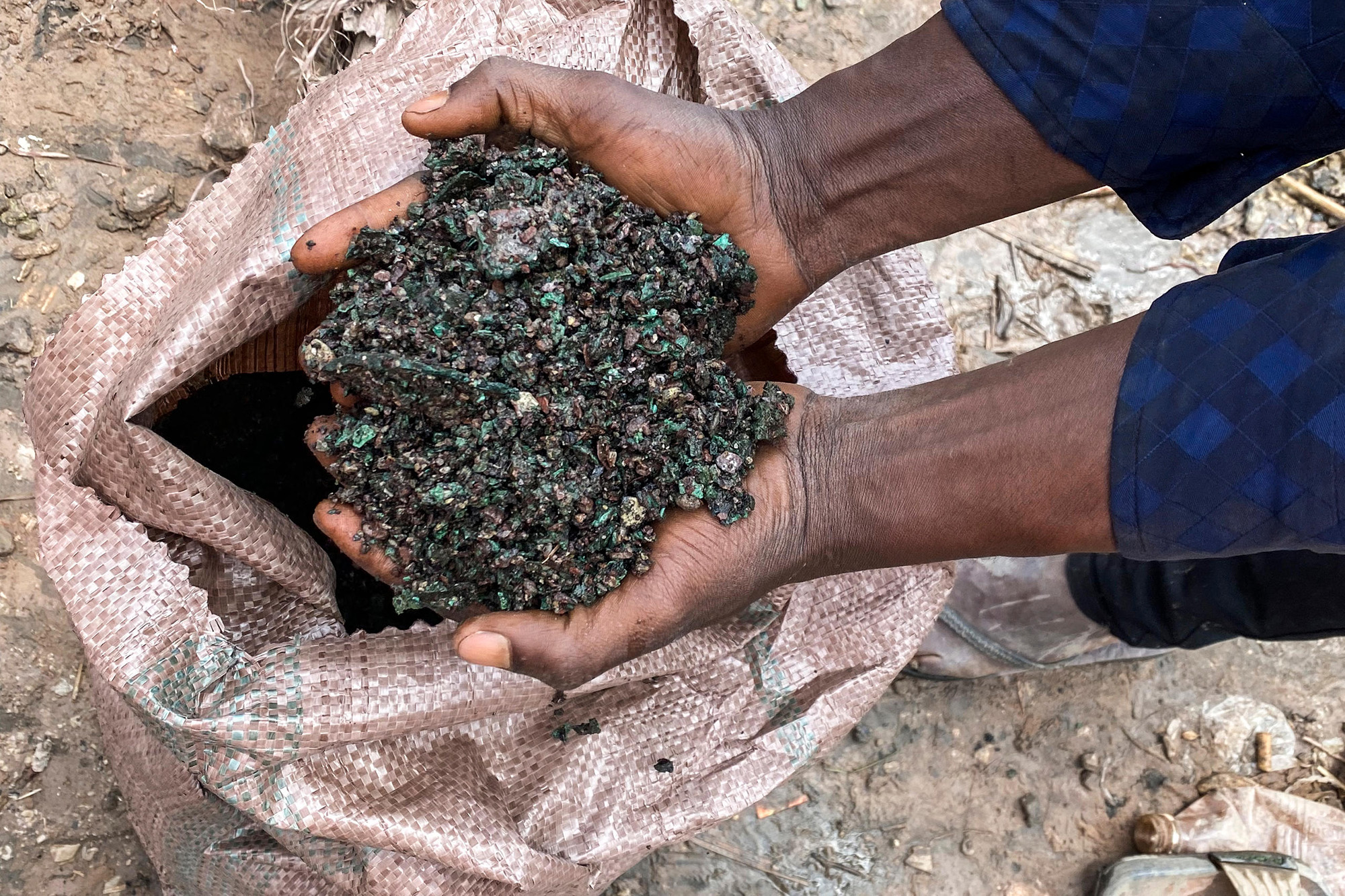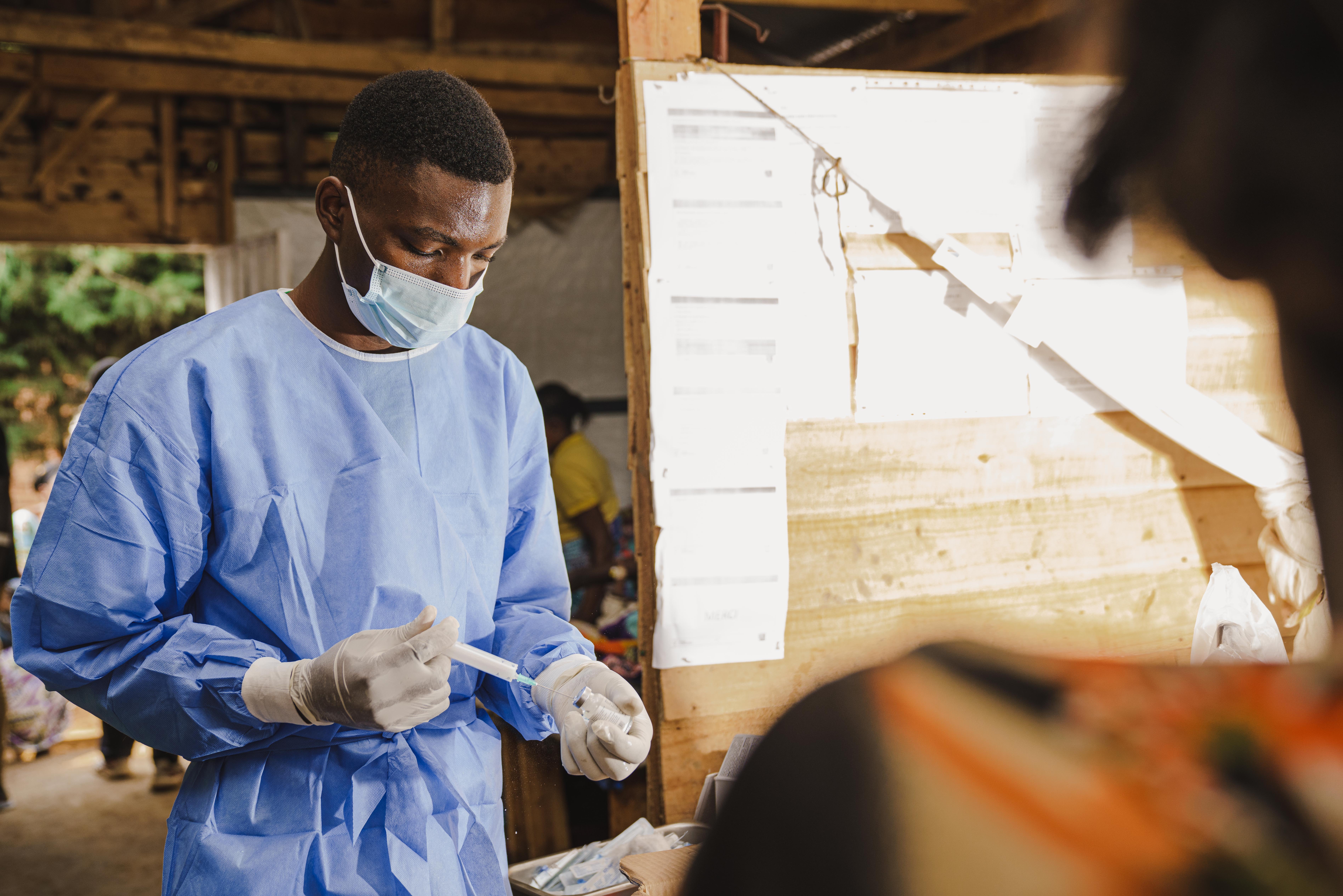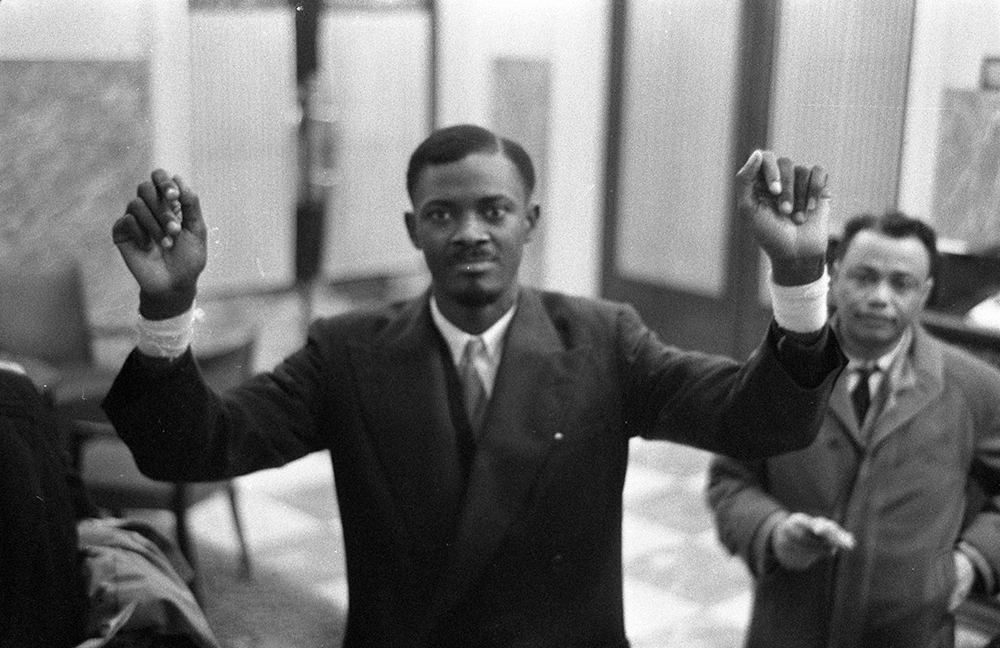Kongo considers Angola's mediation as "the last opportunity" to prevent war with Rwanda
- The conflict between the Tutsi and Hutu ethnic groups, as well as the exploitation of minerals, are the sources of this bloody conflict. The United Nations Refugee Agency has announced that the total number of refugees affected by the conflict in 2021 has been 5.7 million.

In the Democratic Republic of the Congo there is a growing bloody conflict of silence between President Félix Tshisekedia and the aggressive M23 group. Angola is trying to find a way out of the negotiations between the Congo and Rwanda, the main sustenance of the aggressive M23 group. The African Union delegated this obligation to Angola. The President of the Congo, Félix Tshisekedi, has described the trial as "the last opportunity" to avoid war between the two states and has strongly criticized the "provocations" and "manipulations" of Rwandan President Paul Kagame. The conflict has started for a long time, in the offensive that M23 resurrected in 2021, in the Kivu War that lasted between 2004 and 2009, or in the genocide of the Rwandan tutias of the 1990s.
Tension has increased in recent weeks because the M23 armed entity has managed to surround Goma, the capital of the North Kivu with two million inhabitants. This has increased the number of refugees according to the United Nations Refugee Agency. In total, the number of refugees from the conflict since 2021 has been 5.7 million. The agency reported on March 26 of the gravity of the situation: "Families continue to arrive, traumatized and exhausted, marked physically and psychologically. There are many people who abuse the road, even sexually. Entire peoples are displaced by the murders and violence of Rwanda, living in inhuman conditions."
Underlining the seriousness of the situation, the Government of the Congo regrets the excessive international pressure: "When Aleksei Navalni died, 500 American convictions were directed against Russia. 500 for one person! In Congo, 10 million people have died – and the data is not mine, it is from humanitarian organisations. How many sanctions have been imposed against Rwanda? Zero."
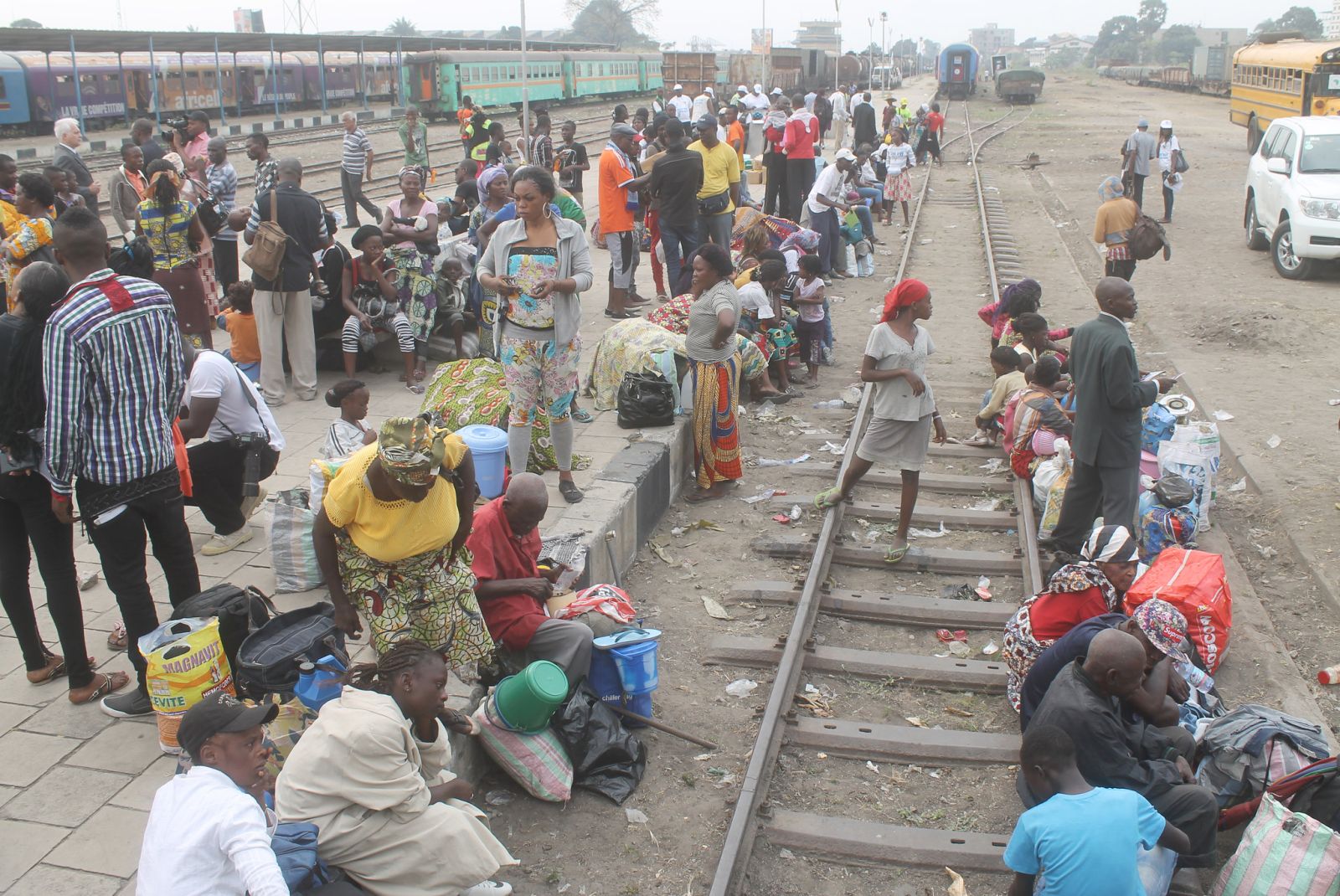
Bloody mineral market
At the basis of this war are ethnic rivalries, and at the starting point also are the borders established by colonialism without regard to local reality. Rwanda states that the Government of the Congo, which is also the President of Rwanda, is expelling the Tutsiae, and that Kongo has integrated into its army those who participated in the 1994 Tutsi genocide and who subsequently formed part of the FDLR group. From 7 April to 17 July 1994, the Tutsi genocide in Rwanda was killed by 800,000 people for a hundred days. Thousands of surviving tubules settled in eastern Congo, present-day South Kivu and North Kivu. They also emigrated, trying to escape the penalties and some of them are the FDLR group. Rwanda therefore accuses Kongo of holding an FDLR with ethnic footprints, while Kongo accuses Rwanda of supporting the M23 with tubules. All this in a context in which the mines of genocide of only 30 years remain open.
But the economy, more specifically the exploitation of minerals, must also be seen in the understanding of this war. The President of Rwanda is charged with stealing gold and hanging from the Kivu in eastern Congo and protecting M23. It should be noted that 60-80% of the world's coltan reserves are located in the subsoil of Kivu. The president of Rwanda acknowledged that yes, they take the minerals to Rwanda, "by smuggling or by law," and then they go to the world, "Go to Dubai, go to Brussels, go to Tel Aviv -- they also go to Russia, I don't know now." In essence, these "illegal trafficking" in both Ruandcuneta and Ugandaldea have been reported several times by the United Nations.
Fermin Muguruza jarraitzen duzu sareetan. Madrilgo kontzertuko bideo bat ikusi duzu bere kontuan: dantzari batek “Kongo askatu!” oihukatu du, bandera esku artean. Haren profila bilatu duzu: @c.kumaaa. Bilboko manifestazioaren deialdia zabaldu du. Ez zara joango,... [+]
The Centre Tricontinental has described the historical resistance of the Congolese in the dossier The Congolese Fight for Their Own Wealth (the Congolese people struggle for their wealth) (July 2024, No. 77). During the colonialism, the panic among the peasants by the Force... [+]










